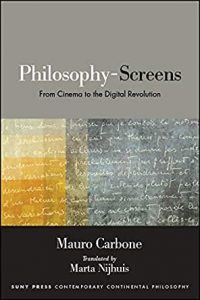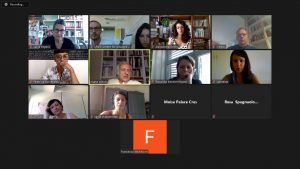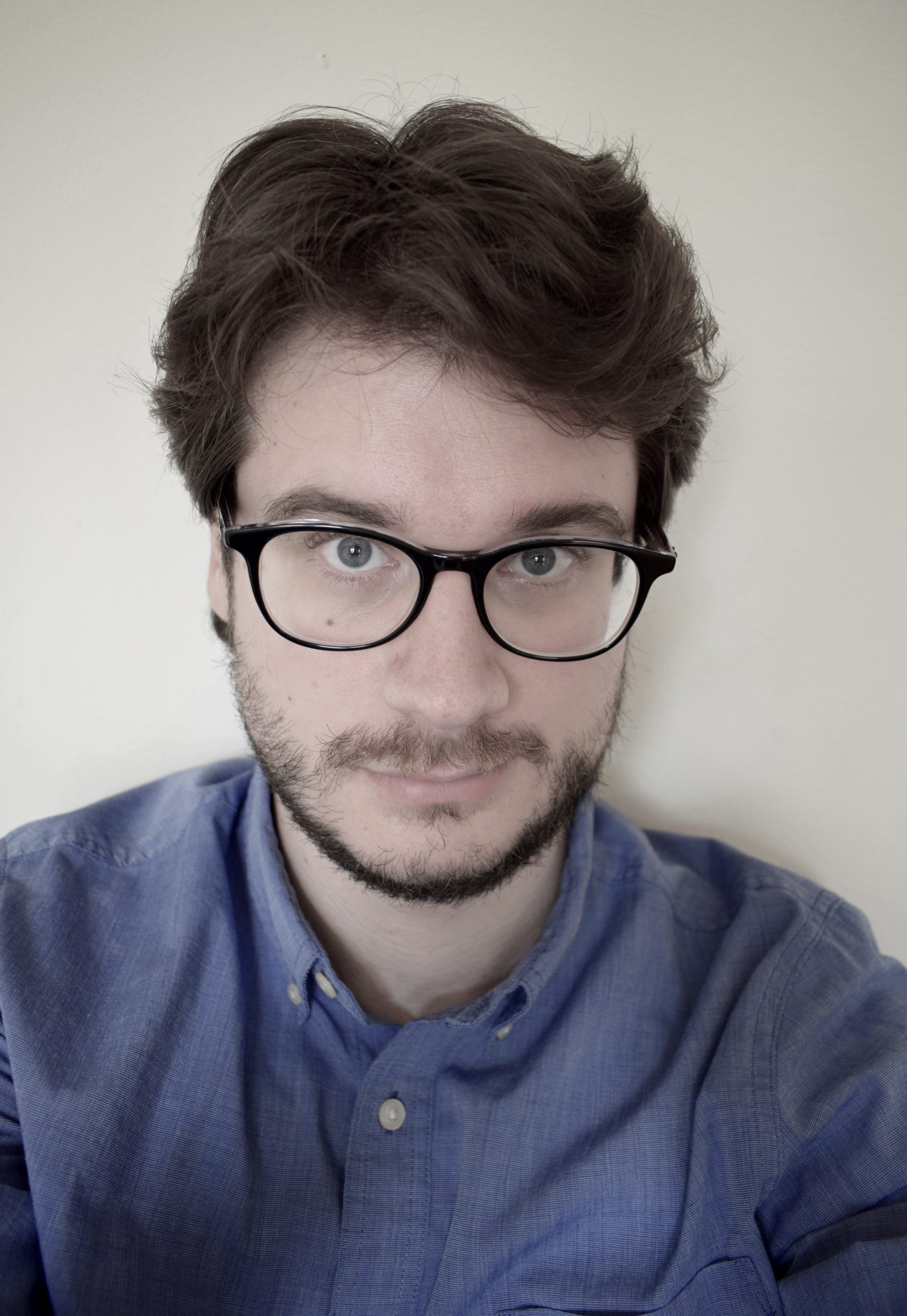In the aftermath of the first global pandemic, some of us are facing far more screen-time than usual, is considered healthy, others… Screens are evolving rapidly to complement our bodies and senses, while the virtuality of life (online vs. offline version of life) is being legitimized around the world, inviting new standards regardless of our being prepared for them. On July 9th, 2020 at 10:00 AM we have discussed the philosophy of this phenomenon with Mauro Carbone, the author of “Philosophy-Screens”, presented to us by our fellow Alessandra Scotti.
Mauro Carbone is Professor of Aesthetics at the Department of Philosophy, University of Jean Moulin Lyon 3, and an Honorary Member of the Institut Universitaire de France. He is the founder and co-editor of the journal Chiasmi International. Trilingual Studies concerning Merleau-Ponty’s Thought. Among his books translated into English: An Unprecedented Deformation: Marcel Proust and the Sensible Ideas, Suny Press 2010; The Flesh of Images. Merleau-Ponty between Painting and Cinema, Suny Press 2015. In Philosophy-Screens: From Cinema to the Digital Revolution, Suny Press 2019, Carbone intertwines continental philosophy and phenomenological studies with contemporary media and visual studies.
Since Plato’s Allegory of the Cave, philosophers have been struggling with the issue of screens: according to the tradition, if screens are an expression of illusion, then philosophy’s duty is to overcome their deceiving power. Carbone engages in a dialogue with several scholars such as Henri Bergson, Jean-Paul Sartre, Maurice Merleau-Ponty, Jean-François Lyotard, and Gilles Deleuze, and ends up reversing the Western main philosophical paradigm that opposes real and ideal or virtual, and states the primacy of stable identities with respect to relationships. This reversal is carried out through a series of notions like those of arche-screen, sensible ideas, quasi-prosthesis, and dividualization, which provide new criteria for considering our present condition starting from a new conceptualization of screens and its implications. Indeed, if screen experiences change over time as much as our way of conceptualizing them, how have our relationships with screens changed in these times of pandemic (or post-pandemic)? And how does a “Philosophy-Screens” sound like in this light?
Watch us on Zoom!
[embedyt] https://www.youtube.com/watch?v=9dcHbRWVeVY[/embedyt]







